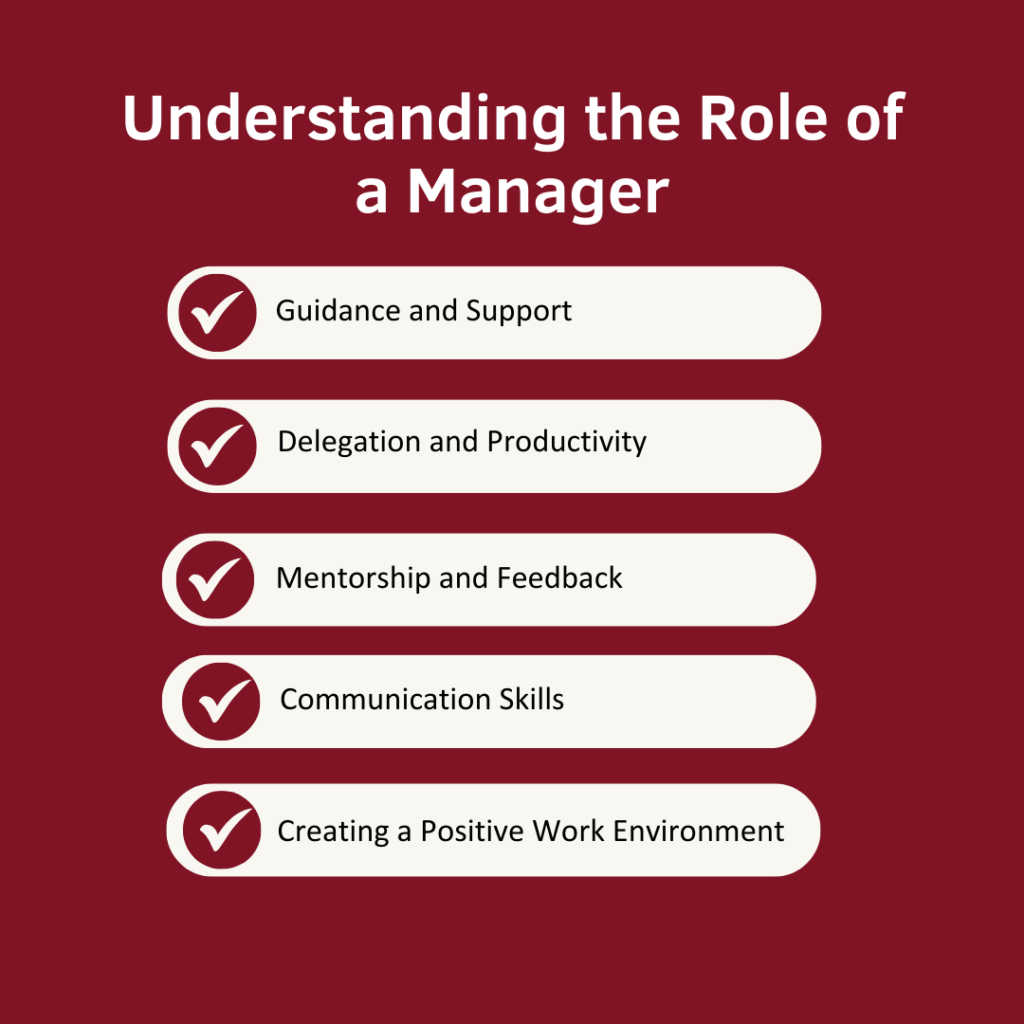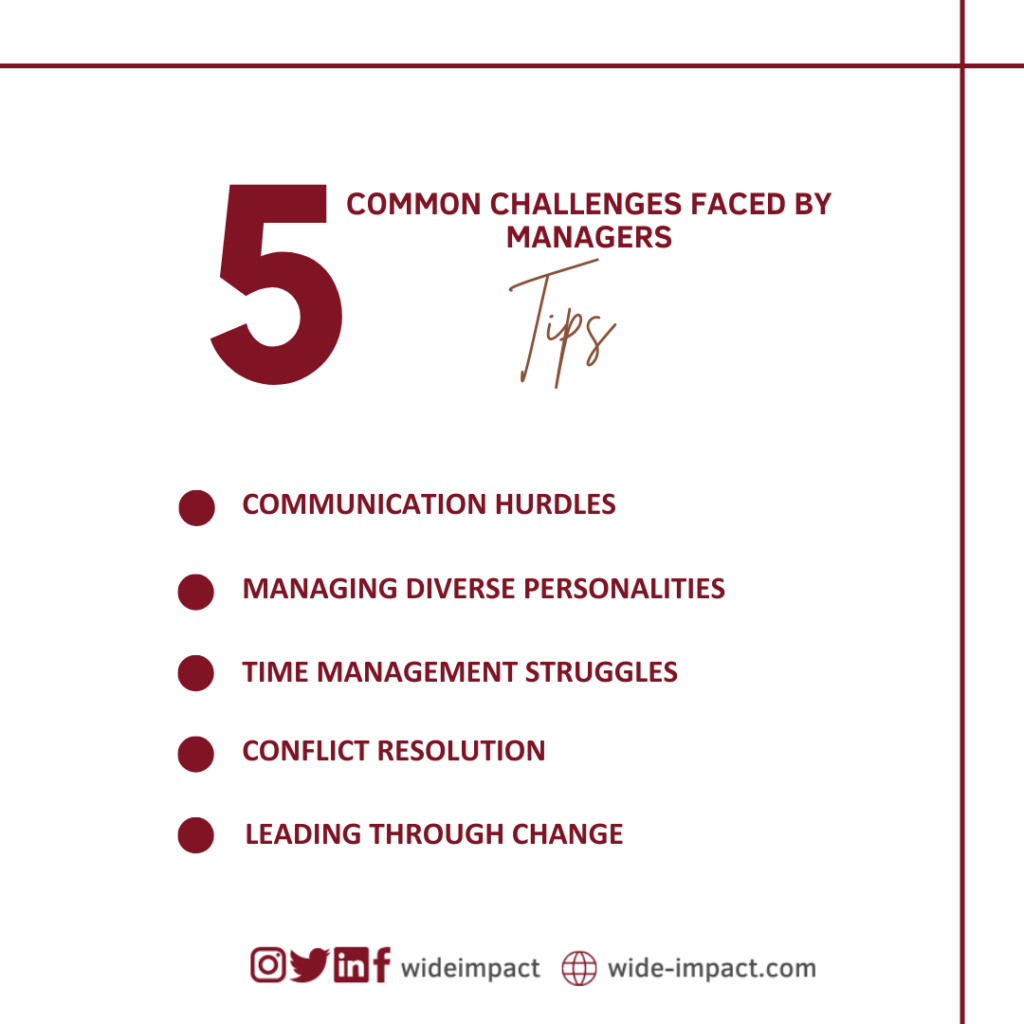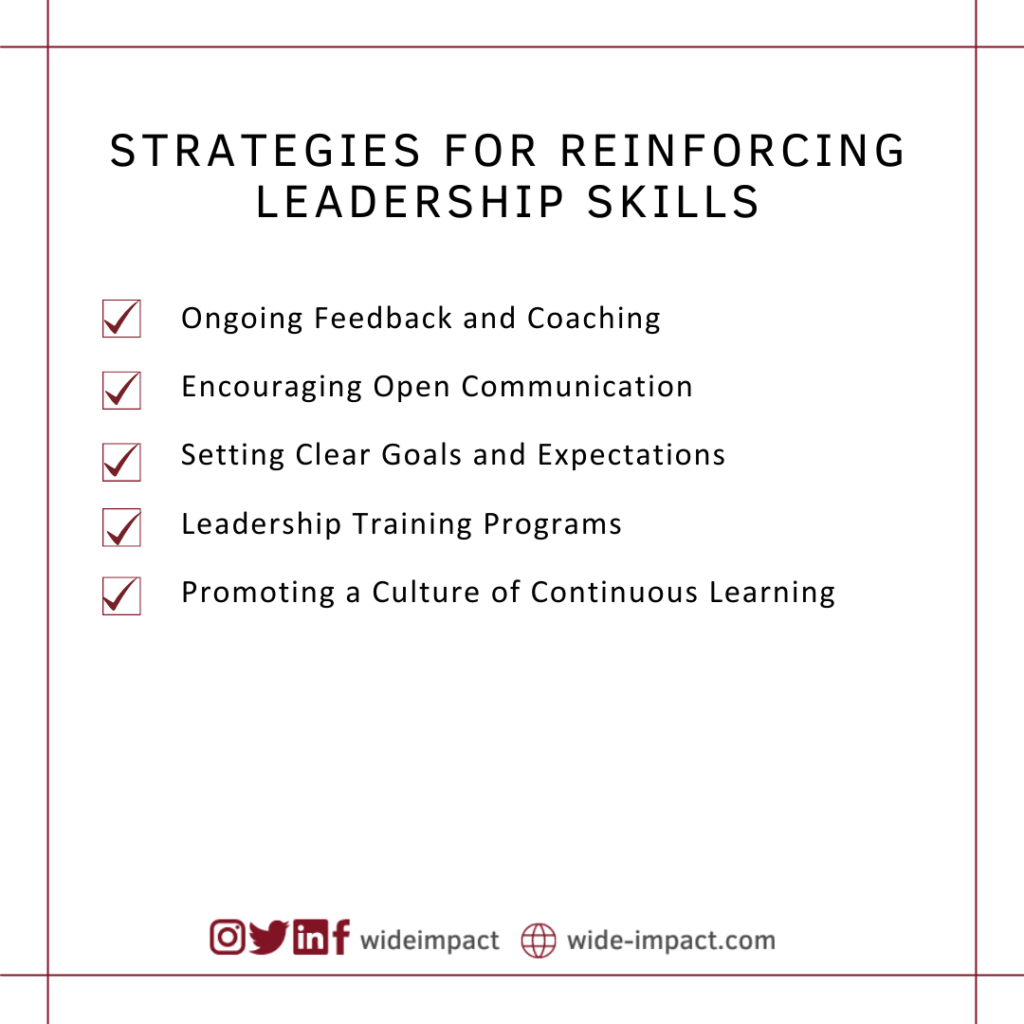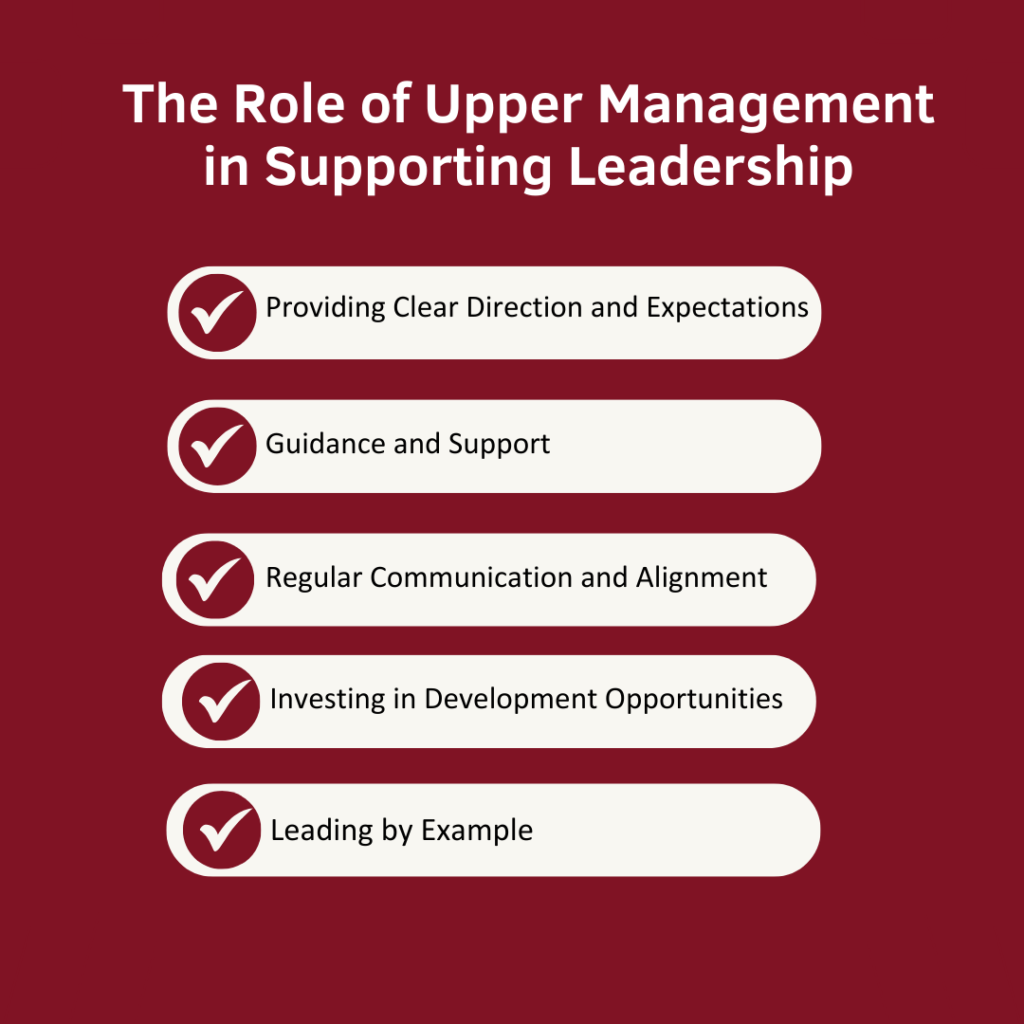By Dr. Salam Slim Saad
Imagine if every manager within your company possesses the skills and confidence to inspire, guide, and empower their teams toward success. This vision of leadership excellence is not just a distant goal but an attainable reality achievable through deliberate efforts in supporting and strengthening managerial impact.
Effective leadership is the cornerstone of any successful company, propelling teams forward, fostering innovation, and nurturing a culture of excellence. However, the pivotal role of a manager in maintaining this momentum and ensuring the team reaches its full potential cannot be overstated.
When managers have the necessary skills and support, they become adept at driving teams toward achieving organizational objectives. By understanding the pivotal role of managers, addressing common challenges, and implementing strategies to reinforce leadership skills, companies can cultivate a culture of empowerment and growth.
Investing in training and development opportunities for managers is vital for enhancing their impact on the team. Providing resources for continuous learning not only benefits individual managers but also contributes to the overall success of the organization. Moreover, upper management plays a crucial role in supporting and reinforcing leadership by offering guidance, mentorship, and alignment with company values.
The ripple effect of strong leadership is great, leading to increased productivity, heightened employee satisfaction, and, ultimately, business success. By prioritizing the development of effective leaders at all levels of the organization, companies can build a resilient foundation for sustainable growth and innovation.
In this article, we will explore the multifaceted aspects of leadership reinforcement and explore actionable strategies to empower managers, foster a culture of excellence, and drive organizational success.
Understanding the Role of a Manager and Their Impact on the Team
Managers serve as vital links between upper management and employees within a team, facilitating communication and guiding the team toward achieving organizational objectives. Their influence on the team can be profound, encompassing the ability to inspire, motivate, and enhance performance.

- Guidance and Support: Managers are responsible for guiding their team members toward organizational goals while fostering individual growth and development.
- Delegation and Productivity: A proficient manager comprehends the strengths and weaknesses of each team member, effectively delegating tasks to optimize productivity.
- Mentorship and Feedback: Good managers act as mentors, offering guidance and constructive feedback to help employees realize their full potential.
- Communication Skills: Effective communication is paramount for managers, who must clearly convey expectations and actively listen to their team members’ concerns.
- Creating a Positive Work Environment: The relationship between a manager and their team sets the tone for overall success. Supportive and empowering managers cultivate a positive work culture where employees feel valued and motivated.
- Fostering Collaboration and Innovation: Understanding the nuances of their role enables managers to promote collaboration and innovation and ultimately contribute to achieving business objectives.
Common Challenges Faced by Managers and How to Overcome Them

Being a manager presents various challenges, but with proactive strategies, they can be effectively navigated:
- Communication Hurdles: Ensuring clear communication and understanding among team members. Implement regular check-ins and foster an open-door policy to address any concerns promptly. Utilize various communication channels to disseminate information effectively.
- Managing Diverse Personalities: Adapt leadership styles to accommodate individual preferences while maintaining consistency in expectations. Promote inclusivity and respect for diverse perspectives.
- Time Management Struggles: Juggling multiple responsibilities and prioritizing tasks efficiently. Set clear priorities, delegate tasks effectively based on team members’ strengths, and utilize time management tools such as calendars and task lists to stay organized and focused.
- Conflict Resolution: Addressing conflicts among team members in a constructive manner. Encourage open dialogue to understand different viewpoints, actively listen to all parties involved, and mediate conflicts with fairness and empathy. Implement conflict resolution strategies promptly to prevent escalation.
Strategies for Reinforcing Leadership Skills and Enhancing Their Impact
Enhancing leadership skills and maximizing their impact requires a multifaceted approach. Here are effective strategies to achieve this goal:

- Ongoing Feedback and Coaching: Provide regular feedback and coaching sessions to help managers recognize their strengths and areas for improvement. This fosters self-awareness and continuous development.
- Encouraging Open Communication: Foster an environment of open communication within the team, where ideas and concerns can be freely shared. Trust and collaboration flourish in such an atmosphere, leading to a more cohesive work environment.
- Setting Clear Goals and Expectations: Define clear goals and expectations for managers, offering them a roadmap for success. This clarity enables managers to align their efforts with organizational objectives effectively.
- Leadership Training Programs: Offer leadership training programs and workshops covering essential areas such as conflict resolution, decision-making, and emotional intelligence. Continuous learning opportunities enhance managers’ skills and knowledge, enabling them to lead with confidence.
- Promoting a Culture of Continuous Learning: Encourage managers to pursue continuous learning and development opportunities. Emphasize the importance of staying updated on industry trends and best practices to adapt to evolving challenges effectively.
- Recognition and Rewards: Recognize and reward exemplary leadership behaviors and achievements. Positive reinforcement motivates managers to maintain high standards and strive for excellence in their roles.
Training and Development Opportunities for Managers
Investing in the development of managerial talent through training opportunities is vital for organizational success. Here are key strategies to enhance leadership skills and foster continuous growth among managers:
1. Tailored Workshops and Seminars: Offer workshops and seminars designed to address specific leadership challenges and opportunities. Topics may include communication skills, decision-making strategies, conflict resolution techniques, and strategic thinking.
2. Online Courses and Resources: Provide access to online courses and resources that enable managers to learn at their own pace and convenience. These resources cover a wide range of topics relevant to leadership development, allowing managers to expand their knowledge and skills effectively.
3. One-on-One Coaching Sessions: Arrange personalized coaching sessions for managers to receive individualized guidance and support. These sessions focus on identifying strengths, addressing areas for improvement, and setting actionable goals for professional growth.
4. Continuous Learning Initiatives: Foster a culture of continuous learning within the organization by encouraging managers to seek out new opportunities for skill development and knowledge acquisition. This can include attending industry conferences, participating in professional networking events, or pursuing advanced degrees or certifications.
5. Industry Trends and Best Practices: Keep managers updated on current industry trends and best practices through regular communication and access to relevant resources. Staying informed enables managers to make informed decisions and adapt their leadership approach to changing circumstances effectively.
6. Feedback and Evaluation: Provide regular feedback and performance evaluations to managers, highlighting areas of strength and areas for improvement. This feedback loop is essential for guiding development efforts and ensuring that training initiatives align with organizational goals.
The Role of Upper Management in Supporting and Reinforcing Leadership
Upper management plays a pivotal role in nurturing and strengthening leadership within a company. Here’s how they contribute to this crucial aspect:

- Providing Clear Direction and Expectations: Upper management offers clear direction and sets expectations for managers, empowering them to lead effectively. This clarity ensures alignment with organizational goals and strategies.
- Guidance and Support: By offering guidance and support as needed, upper management empowers managers to navigate challenges and make informed decisions. This support fosters confidence and competence among leaders.
- Regular Communication and Alignment: Regular communication between upper management and managers ensures alignment on goals and strategies. This open dialogue fosters trust and facilitates the sharing of valuable insights that benefit the entire team.
- Investing in Development Opportunities: Upper management invests in the growth of managers by providing resources such as training programs and mentorship opportunities. These initiatives further develop leadership skills and contribute to organizational success.
- Leading by Example: Members of upper management serve as role models for other leaders within the company by demonstrating strong leadership. Their actions set the tone for organizational culture and reinforce the importance of effective leadership at all levels.
- Recognition and Reinforcement: Upper management recognizes and reinforces strong leadership behaviors, encouraging a culture where leadership excellence is valued and celebrated. This recognition motivates managers to continue striving for excellence in their roles.
Strong leadership is the backbone of any successful company. When managers are equipped with the skills and support they need, they can effectively guide their teams toward achieving organizational goals. By understanding the role of a manager, addressing common challenges, and implementing strategies to reinforce leadership skills, companies can create a culture of empowerment and growth.
Investing in training and development opportunities for managers is key to enhancing their impact on the team. Providing resources for continuous learning not only benefits individual managers but also contributes to the overall success of the organization. Upper management plays a critical role in supporting and reinforcing leadership by providing guidance, mentorship, and alignment with company values.



